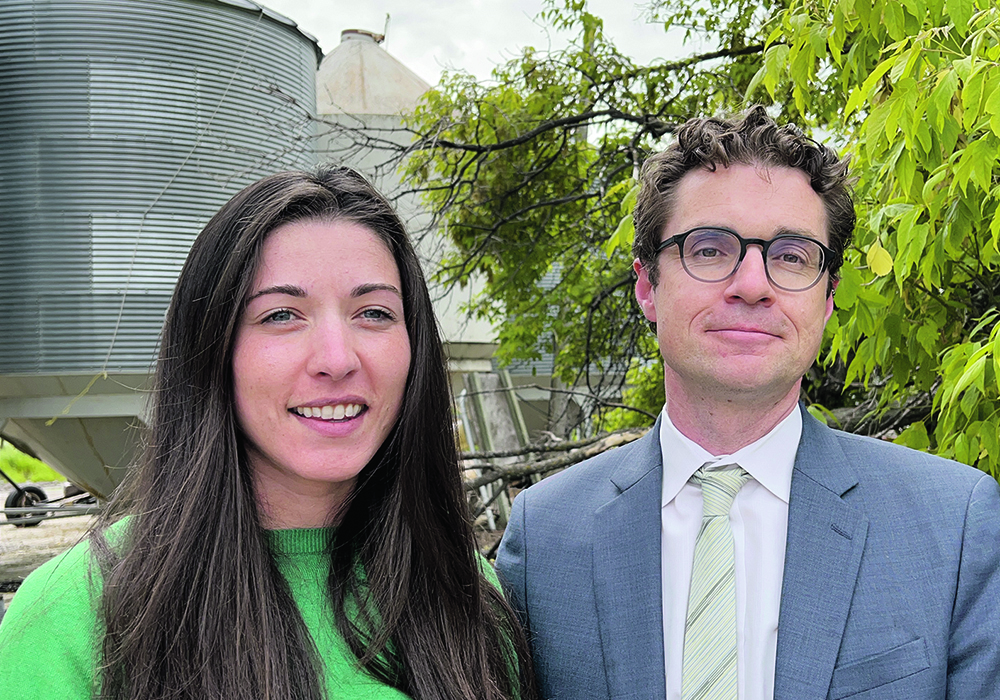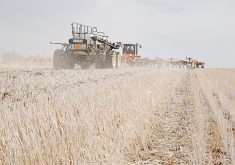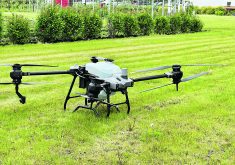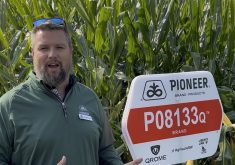Two lobbyists say urban residents’ distance from the reality of farming can affect how governments respond to ag issues
This is part of a series of stories that reporter Ed White will file this summer about the different approaches that can be taken when advocating for agriculture.
DAUPHIN, Man. — Finding friends and building bridges will be key to keeping farmers from slipping off the public radar, two experienced Ottawa lobbyists say.
“The more people you can bring in and pull in to your coalition is perhaps the most important thing you can do,” said Andrea Faubert, who works for Corteva Agriscience in Ottawa.
Read Also
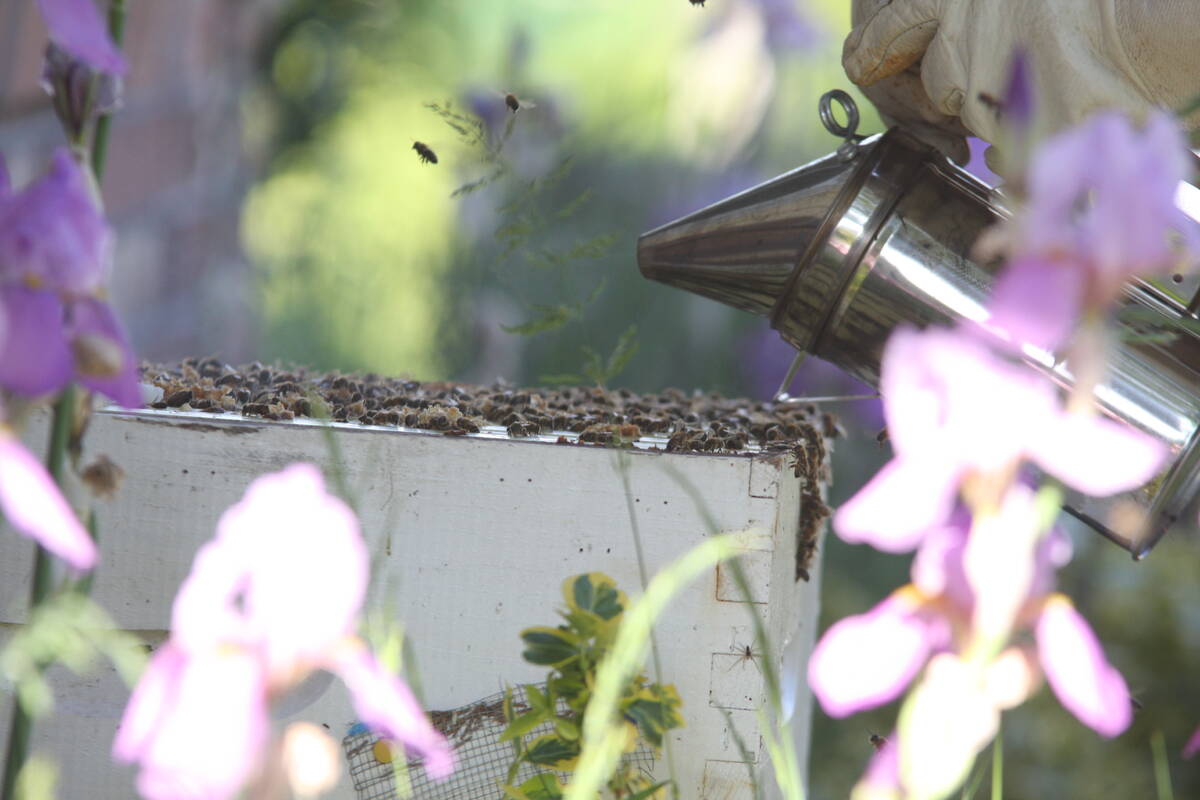
Manitoba beekeepers battle for survival
Honeybee colony losses have hit 43 per cent, making 2025 the latest in a string of poor bee survival years for Manitoba’s honey producers
Other stories in this series:
- VIDEO: Alltech documentary takes on anti-cow memes
- Producers advised against fighting with trolls online
- Social media proves good way to explain agriculture
Both Faubert and Brian Innes, executive director of Soy Canada, said farmers should assume that most of the public doesn’t really know what they do or why they do it. That is a reality that has to be addressed if farmers hope to avoid policies and actions that hurt farming.
“In rural communities we’re used to being the centre of the community,” said Innes, standing in a farmyard just outside Dauphin, Man., with a cool western wind carrying the moist air from this spring’s abundant rainfall.
“But in the country, and certainly outside of the provinces of the Prairies, that’s not the case.”
Many Canadians don’t know any farmers. Unlike just a few decades ago, most Canadians don’t have any relatives actively farming. Millions of immigrants have come to Canada and have no contacts or connections with farmers or even any rural communities.
“That number (of people who are connected to agriculture) gets smaller every day, but that’s our opportunity,” said Faubert.
Farmers need to understand that many Canadians don’t even understand the very basics of what farmers in Canada do and why it’s a good thing.
“Ultimately we’re feeding people. We’re feeding Canadians. We’re feeding the world. We’re essentially turning sun, water and dirt into something that people can eat,” said Innes.
How can farmers explain that to Canadians?
Faubert said the social media revolution provides farmers with numerous ways to show what they do and explain it, and to explain why it matters to people’s lives.
“The more we can use those tools, the better,” said Faubert.
“There are so many stories to tell. It’s our job to tell them.”
Farmers also can’t assume politicians, bureaucrats and decision-makers will have much time to hear about their concerns. Farmers are a tiny part of the population. The agriculture industry is no longer the dominant industry of the Canadian economy.
Ministers, politicians and bureaucrats have representatives of numerous industries and elements of society banging down their doors trying to get heard.
“The appetite for our politicians and governments, certainly in Ottawa, is pretty limited,” said Innes.
Faubert said that’s why farmers and others in agriculture need to form alliances with other industries and parts of society. The bigger the number of people who care about an issue, the more likely it is to be heard by decision-makers.
“It’s very important today to talk about the benefits that either a project or a policy or the impact of a policy has outside the farmgate, beyond the industry itself,” said Faubert.
The public and governments are increasingly distant from the farm, but that doesn’t mean that people can’t come to understand and appreciate what farmers do, why they do it, and why the decisions made in places like Ottawa need to take the impact on farmers into account.
For that to happen, farmers need to do their bit in making friends, forming alliances and telling their true stories, Faubert and Innes said.


